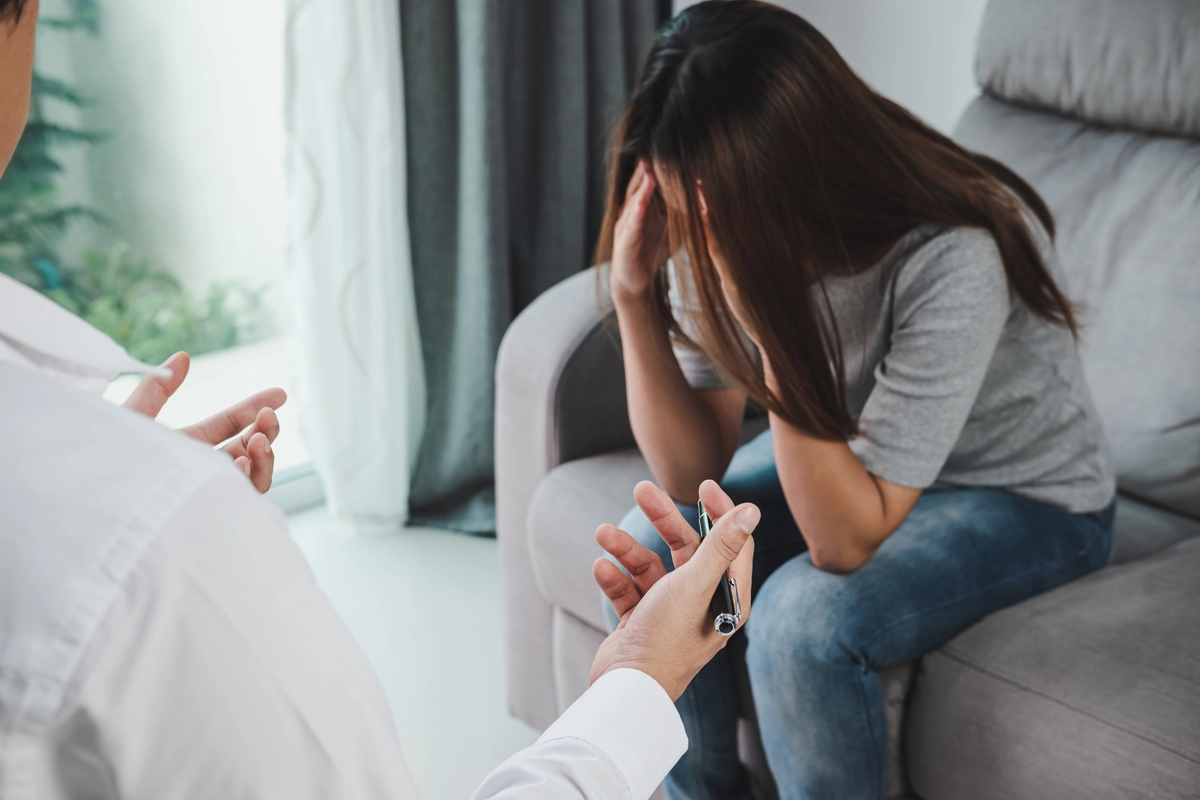24/7 Helpline:
(866) 899-111424/7 Helpline:
(866) 899-1114
Learn more about Bipolar Disorder Treatment centers in Olney
Bipolar Disorder Treatment in Other Cities
Other Categories in Olney

Other Insurance Options

Providence

Sutter

Highmark

Health Net

UMR

Sliding scale payment assistance

Magellan Health

CareSource

Carleon

State Farm

Covered California

CareFirst

BlueCross

Humana

AllWell

Access to Recovery (ATR) Voucher

Molina Healthcare

Absolute Total Care

Health Choice

Premera

Richland Memorial Hospital – Behavioral Health Services
Richland Memorial Hospital – Behavioral Health Services is a private rehab located in Olney, Illinoi...

Southeastern Illinois Counseling Centers – Micah Drive
Southeastern Illinois Counseling Centers - Micah Drive offers outpatient services for individuals wi...

Southeastern Illinois Counseling Centers – East Main Street
Southeastern Illinois Counseling Centers - East Main Street offers outpatient services for individua...




Hope Center Ministries – Purcell Women’s Center
Hope Center Ministries - Purcell Women's Center is a faith-based drug and alcohol rehab for women, l...


























































